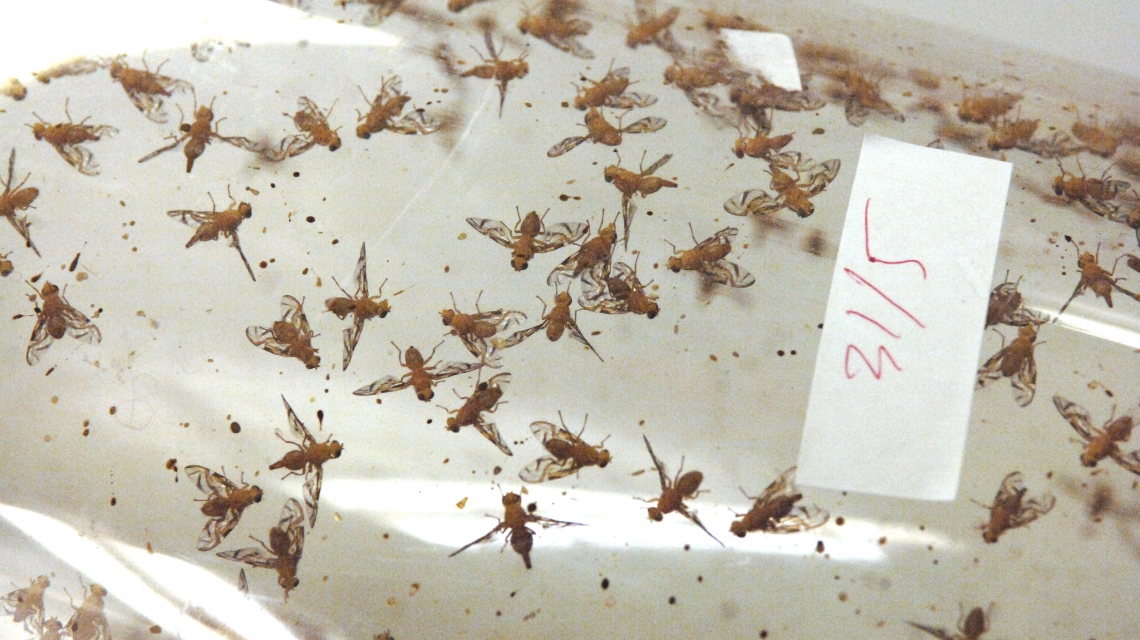In Latin America and the Caribbean, the presence of endemic and invasive fruit flies has for years taken a phytosanitary toll on the critical fruit and vegetable industry. These pests reduce the volume of production by 15% to 30% and lead to an increase in costs for pre-harvest control measures and post-harvest treatments that are normally required if the crops are exported. Eighteen countries are cooperating under an ongoing IAEA technical cooperation (TC) project[1] on fruit fly pest management, implemented in partnership with the Food and Agriculture Organization of the United Nations (FAO), to foster rural livelihoods and national food security and to facilitate access to markets within and outside the region.
Fruit and vegetable production is a significant economic activity in Latin American and the Caribbean, representing between 8% and 20% of the national Gross Domestic Production (GDP) in the countries participating in the technical cooperation project. Launched in January 2020, at the start of the International Year of Plant Health, the regional project aims to improve and increase fruit and vegetable production using an area-wide integrated pest management (AW-IPM) approach that includes the sterile insect technique (SIT), and to facilitate the adoption of this techniques in Member States. Ultimately, the project will promote and enlarge the contribution of food production activities to reducing hunger, generating employment, and driving domestic and international trade.
By strengthening the capacities of counterparts in the region to expand AW-IPM schemes, and improve pest detection capacity and immediate related response measures including through the integration of the SIT with other pest control methods, the project supports compliance with the International Standards of Phytosanitary Measures of the International Plant Protection Convention.







